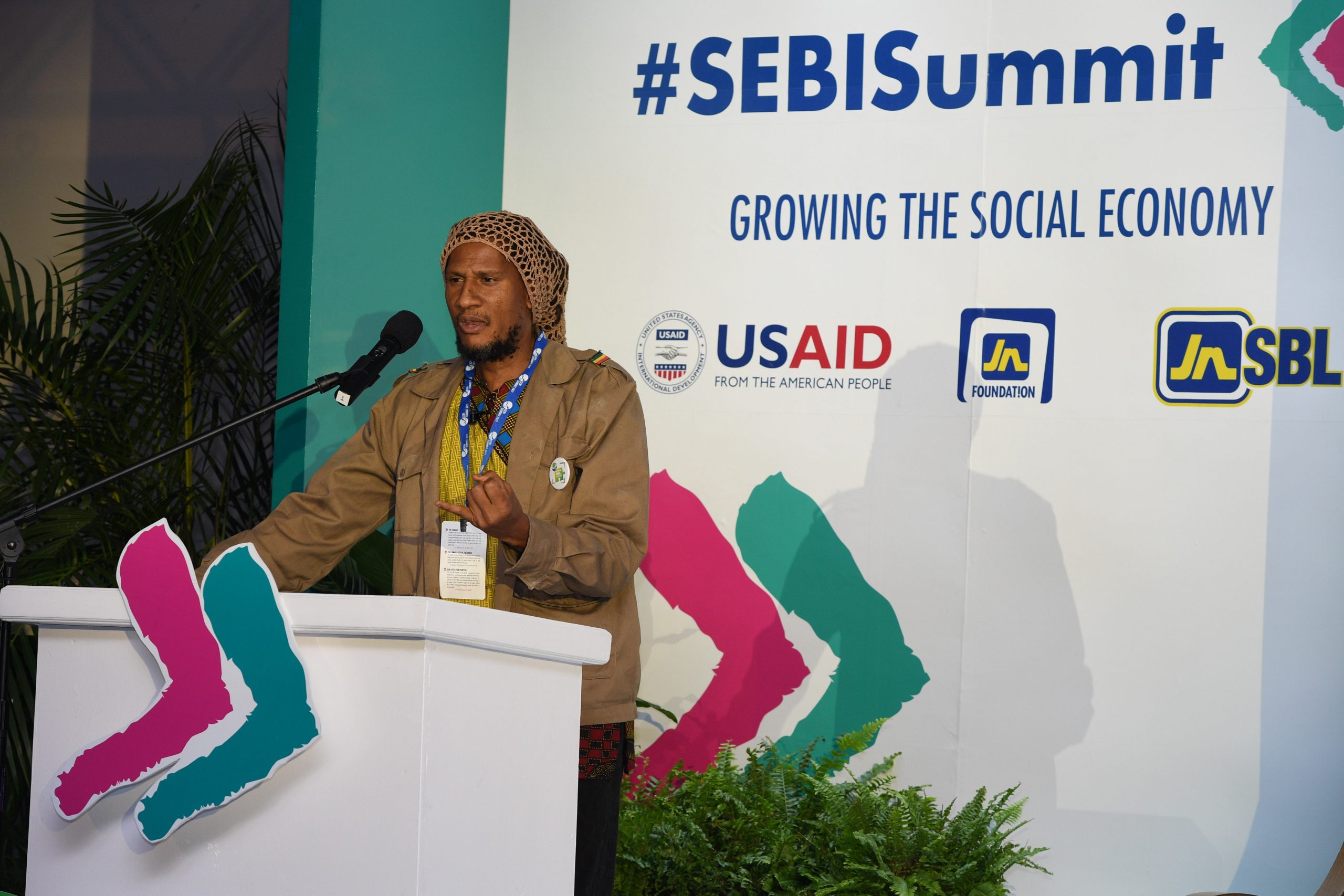I entered the social sector fresh out of The University of the West Indies, Mona nearly two decades ago; and have been firmly planted in the sector since. During this time, I learnt that most people don’t understand how truly versatile the social sector is; mainly because we grew up placing things in well-defined boxes.
If we look at our approach to development in Jamaica, we often see things in separate disciplines. It’s the same way we have viewed political parties: are you democratic, socialist, communist,et al? However, development is about interdependence. It’s about using varying strategies and methodologies to create shared value, so that people and planet benefit.
Historically, we accept the premise that if you are going to create social value, then that’s all you should do. And if you are operating a business, then you are here to generate profit, and that’s all you must do.
But, there is a growing movement over the past few years, which understands that creating shared value and contributing to national development requires the integration of the triple bottom line: people, planet and profit; otherwise known as “The Three P’s”.
The triple bottom line was coined by John Ellington, founder of the British Consultancy firm, SustainAbility, in 1994, who felt that only the companies that measured all three bottom lines knew the full cost involved in doing business.
Ellington was speaking about two things – sustainability and impact. By not having a clear sense of the impact of business on all areas of society, we often focus on one of the Three P’s at the costs of the others; and, therefore, create negative impact and non-sustainable solutions.
However, this isn’t only about social and environmental considerations when doing business. It’s also about economic considerations when delivering social or environmental solutions, not in terms of balancing a budget and fundraising, but, in terms of integrating business as a core methodology and principle to delivering social solutions.
What I’m referring to here is the coming together of business and civil society, to create sustainable and scalable positive social, environmental and economic impact.
The mechanism for creating this shared value is called a “social enterprise,” a business paradigm, in which social change can be enacted using practical, innovative, and sustainable business techniques.
Dr K’adawame Knife, a leading researcher in the field of social entrepreneurship, has identified social enterprises in Jamaica that show a return on their investment of up to 1,128 per cent.
Jamaica has adopted this model for almost 150 years. By using the collective interest to develop business solutions such as farmer and fisher cooperatives, mutual building societies and credit unions, Jamaican social entrepreneurs have been delivering shared value across the country for generations.
If we look at any of the main social challenges facing us in Jamaica today, there is a local social enterprise providing solutions to address that issue. Let’s explore the issue of the marginalisation of Jamaican’s who are differently abled.
Traditionally, members of the deaf and hearing-impaired communities have had great difficulty accessing employment, yet they have the intellectual capacity to contribute to the national economy. The Jamaica Association for the Deaf (JAD) recognised that a key barrier to members of the deaf community becoming independent, was the issue of employment.
That issue was coupled with the survival of JAD, which, like the majority of other NGO’s, was facing a growing funding crunch that was getting worse. Therefore, the solution was to develop a social enterprise, JAD Binders, which became a source of income for JAD, as well as a source of employment and a training facility for its community members.
JAD Binders specialises in fine hand binding, gold leaf printing and book restoration and, the reality is that when you buy from JAD Binders, you are getting a great product. In addition, you are helping to create sustainable and scalable impact for what was once, a very marginalised community.
Peter Holbrook, the CEO of Social Enterprise UK (SEUK), says that the role of social enterprises is to win customers and create more impact. This is not too different from traditional business, which sees its role as retaining customers and creating shareholder value. However, social enterprises recognise that shareholders are the larger community, and that value must be for the collective, and not only for the few.
See the original article here!




